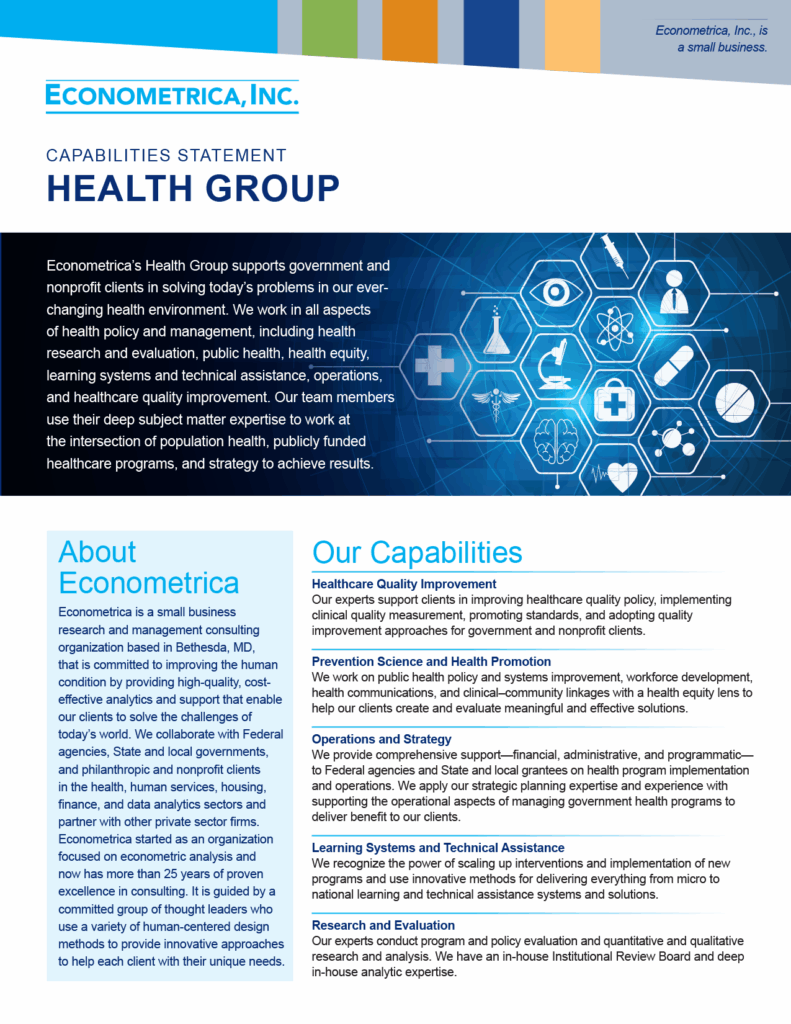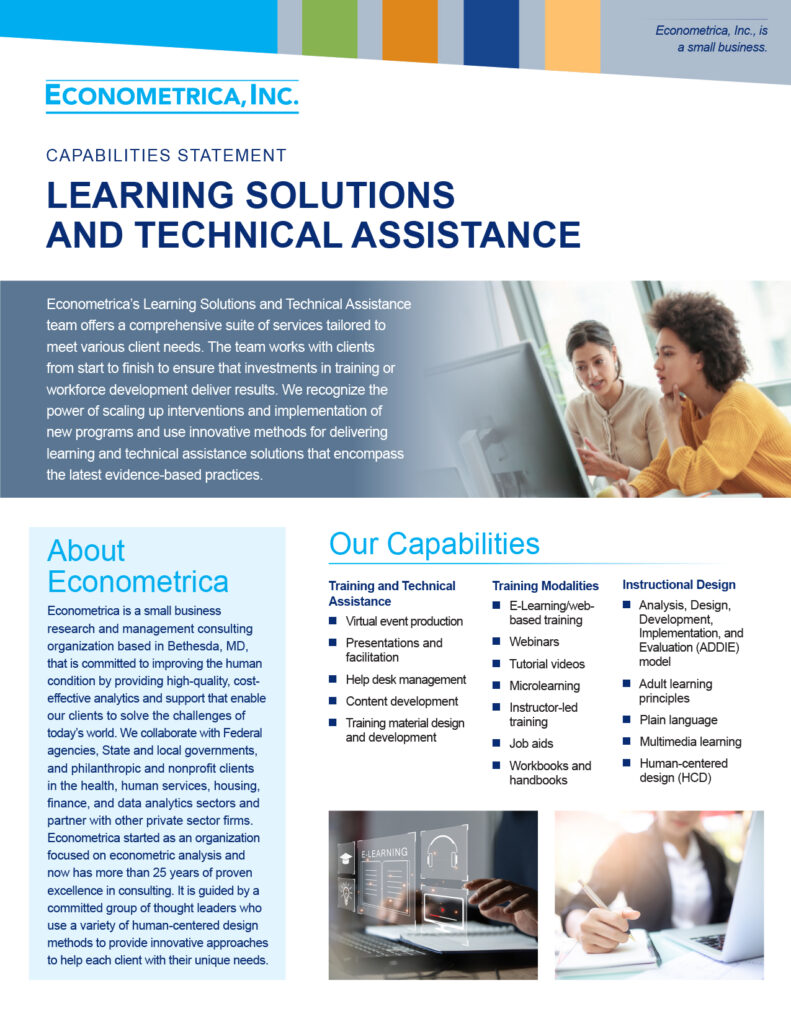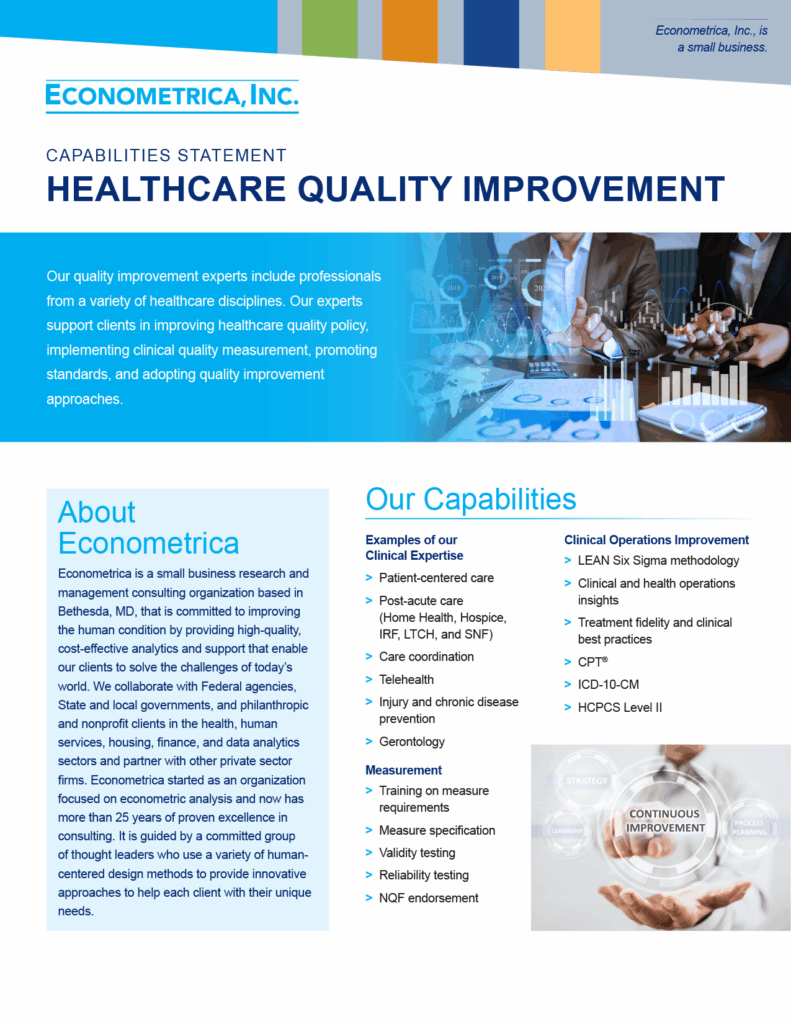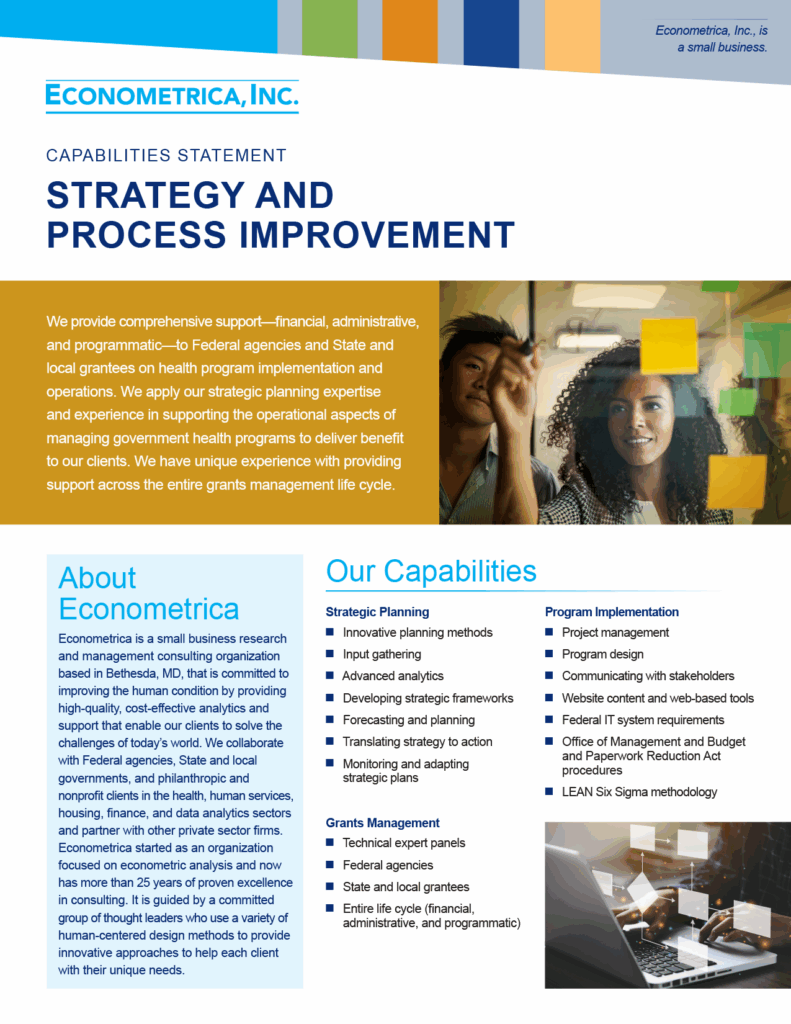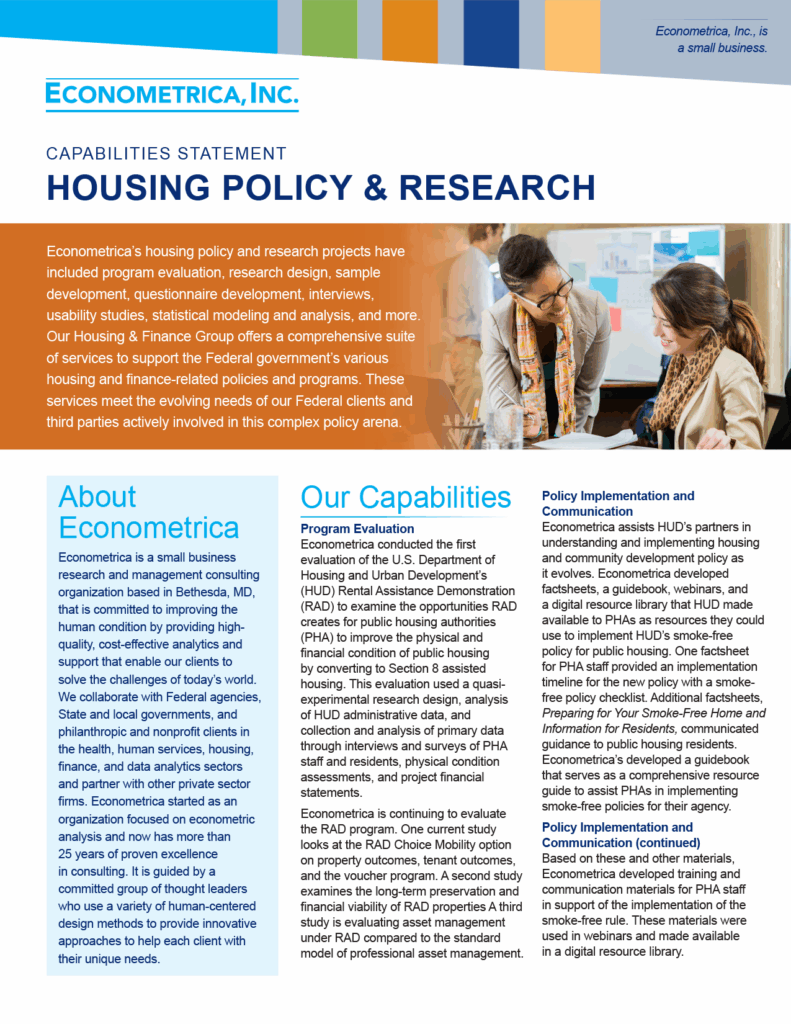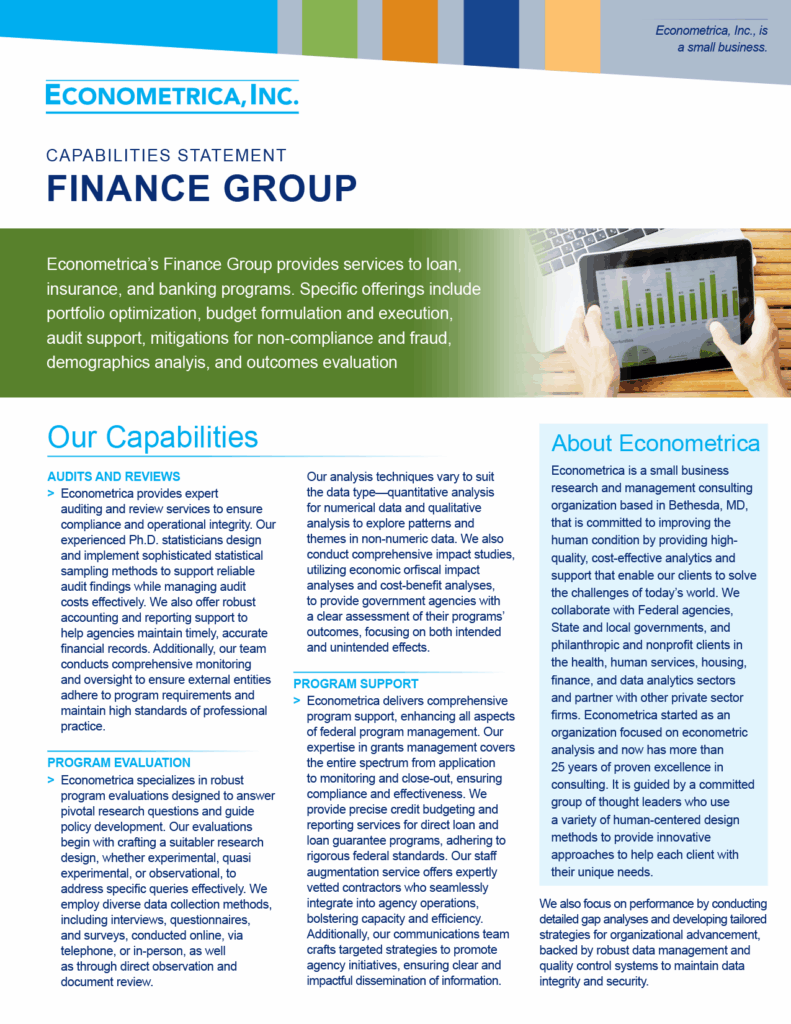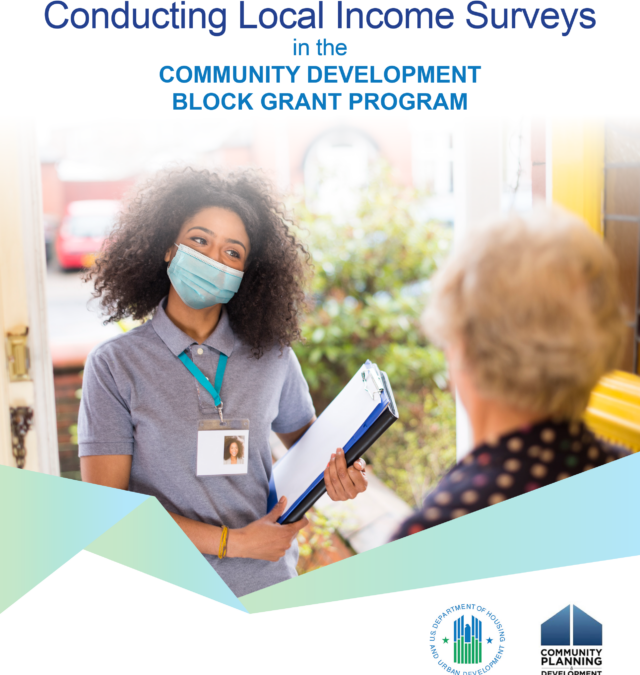
Econometrica Develops CDBG Toolkit for HUD
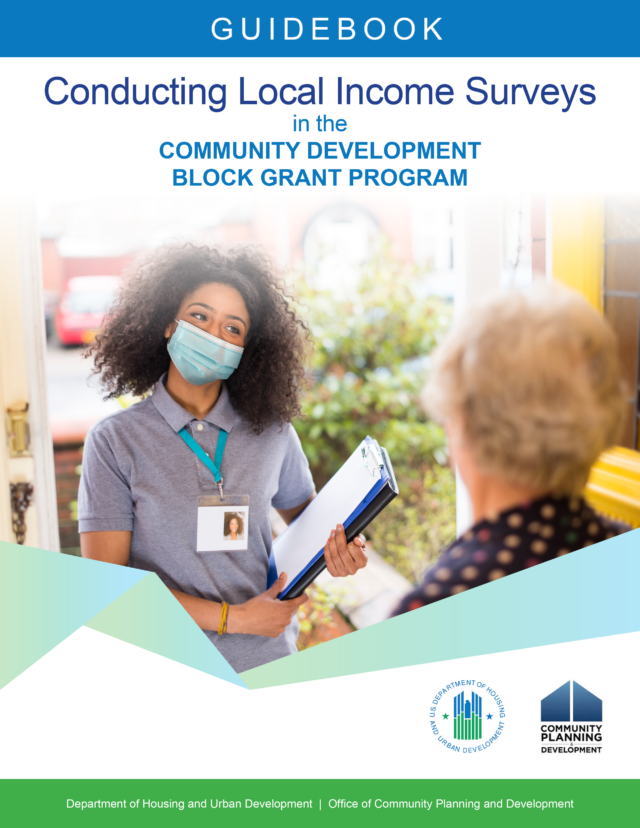
Econometrica has developed a complete toolkit that enables communities to conduct a local income survey that meets the guidelines developed by the U.S. Department of Housing and Urban Development (HUD) for allocating Community Development Block Grant (CDBG) funds. CDBG funds can be used to improve local infrastructure and meet other community needs, and some communities are required to demonstrate that the residents of the service area for CDBG activity meet low- to moderate-income (LMI) requirements. They can use the American Community Survey income data or conduct their own income survey.
The CDBG Income Survey Toolkit includes the following resources and tools:
- A 40+ page guidebook that includes detailed, step-by-step instructions for the entire survey process.
- Ready-to-use survey instruments for both in-person and mailed surveys, including both English and Spanish versions.
- Detailed user guides for each of the survey instrument options.
- Outreach materials, such as customizable flyers, letters, and more.
- Pre-programmed Excel tools to analyze the data, with easy-to-follow instructions.
- Case management documents to track attempts to survey each address.
Econometrica’s staff combined their expertise in Federal housing programs, data analytics, software application programming, and project management to develop the complete toolkit for HUD and communities across the country.
Work With Us, Work for Us
Econometrica, Inc., is a small business research and management consulting organization based in the greater Washington, DC, metropolitan area. We are committed to improving the human condition by providing high-quality, cost-effective analytics and support that enable our clients to solve the challenges of today’s world. We collaborate with Federal agencies, State and local governments, philanthropic and nonprofit clients, and private-sector partners in the public health, healthcare, data analytics, housing, and finance sectors.
To work with us on your next project, visit us online or email us at Info@EconometricaInc.com. To explore the benefits of working for us, visit our careers page. Follow us on LinkedIn, X, Facebook, and Instagram.



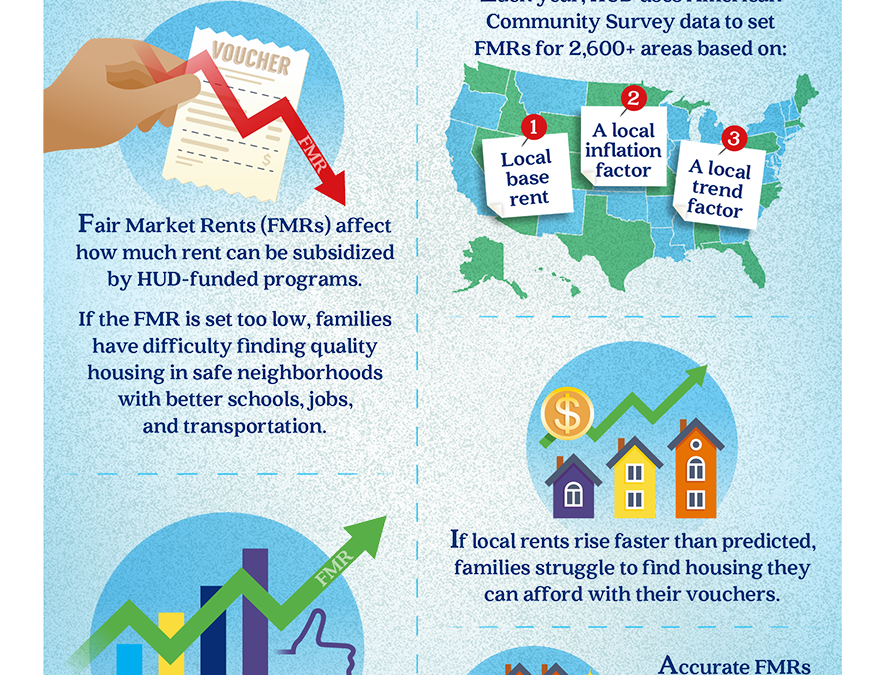
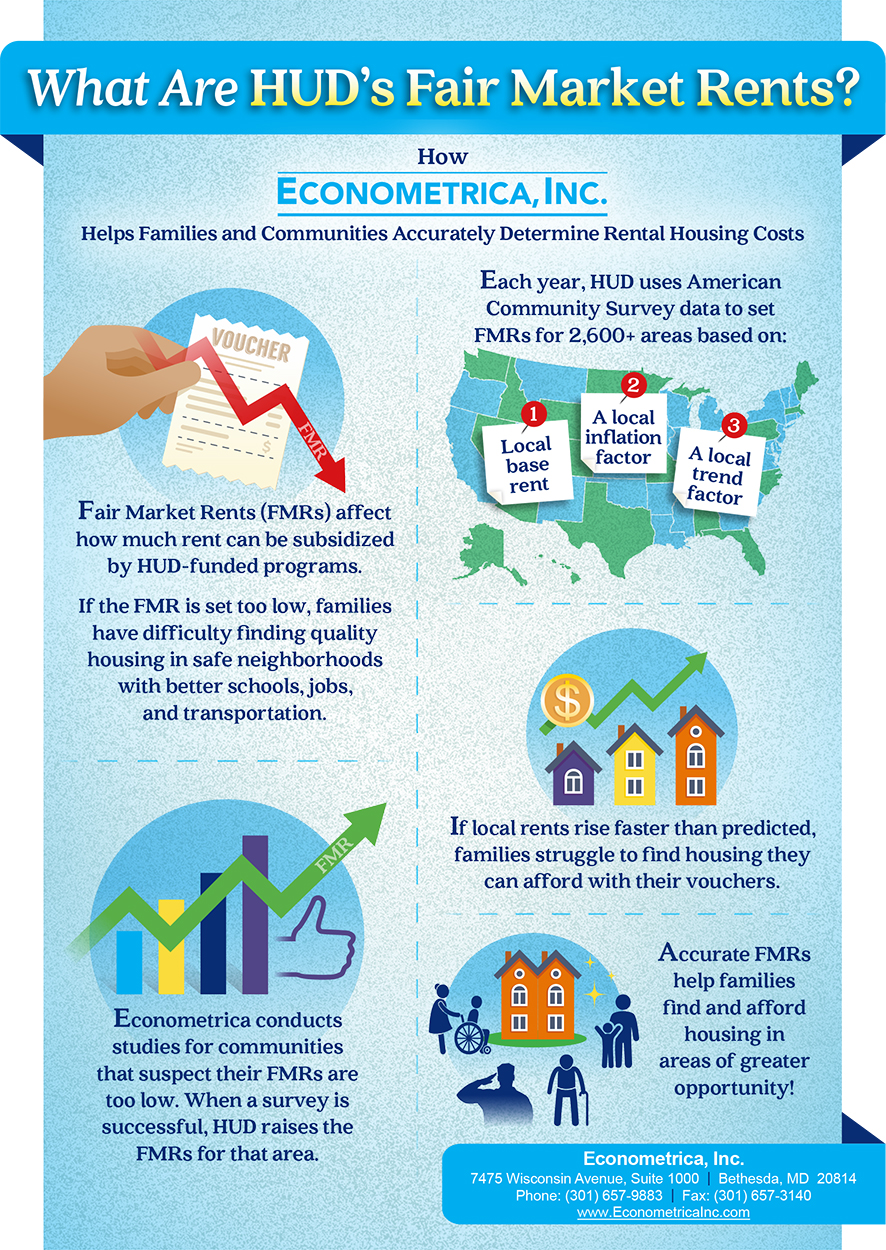
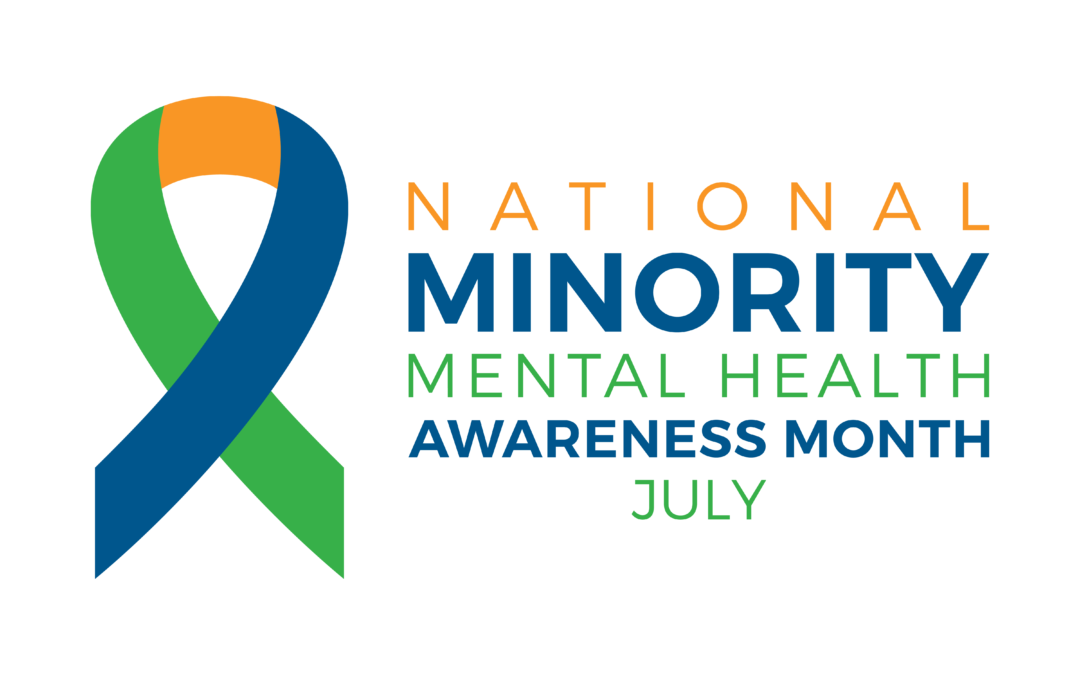
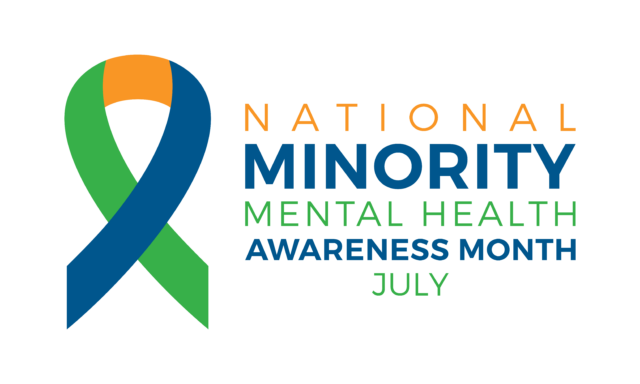

 The U.S. Department of Housing and Urban Development (HUD) recently published fresh guidance related to radon in housing on the HUD Exchange site.
The U.S. Department of Housing and Urban Development (HUD) recently published fresh guidance related to radon in housing on the HUD Exchange site.